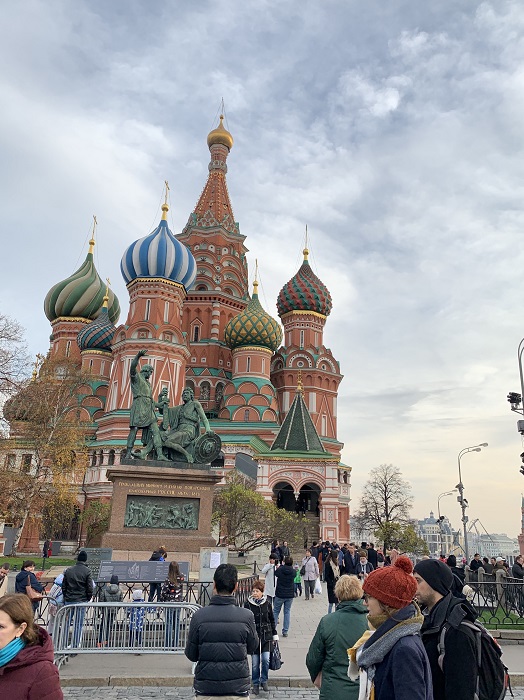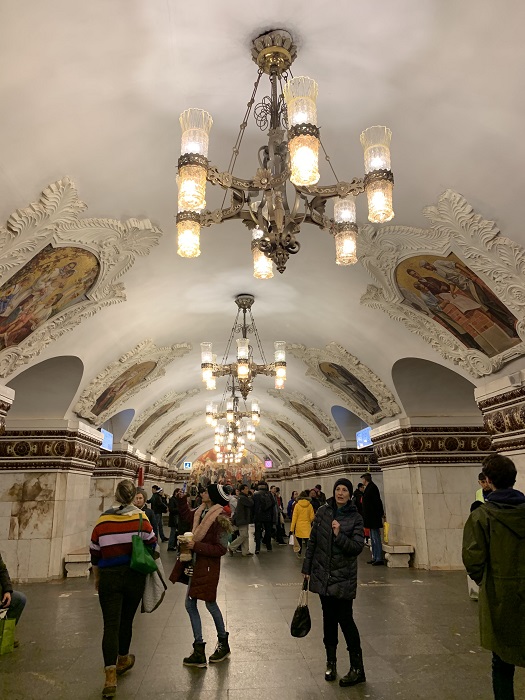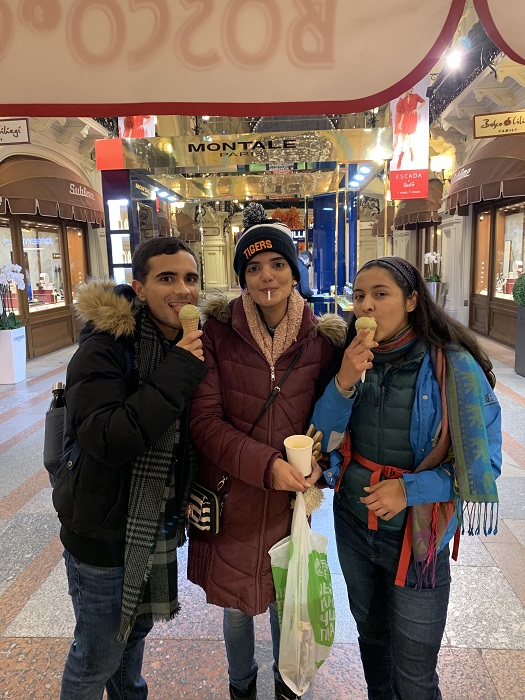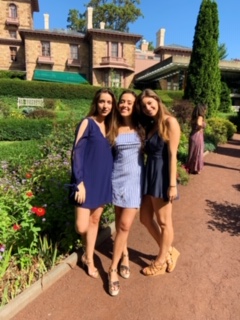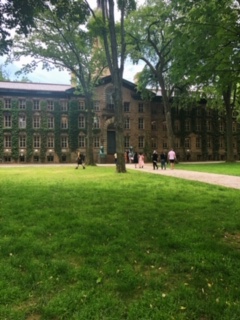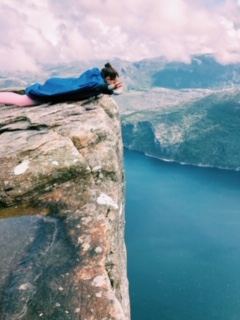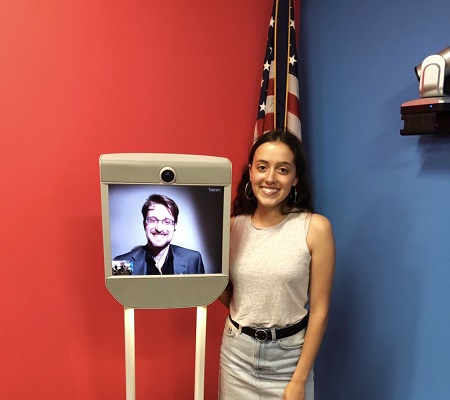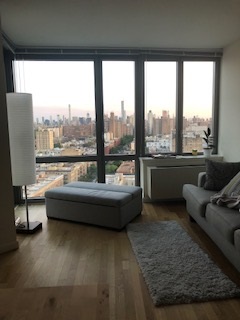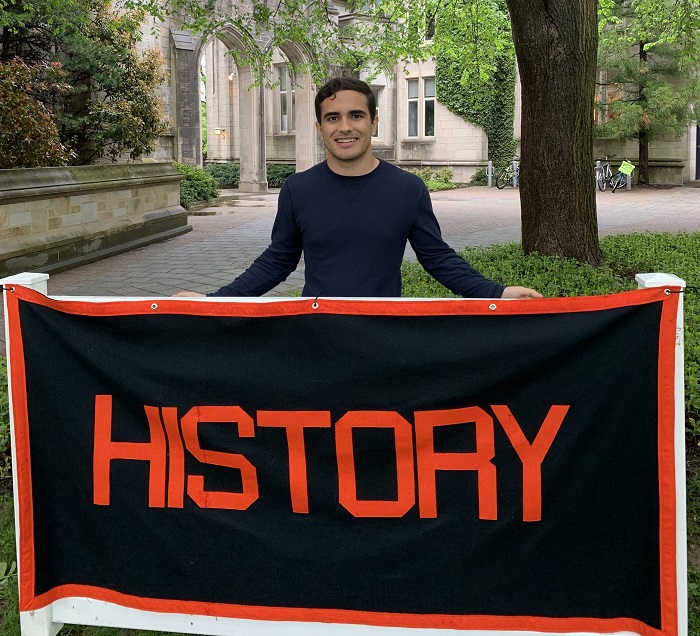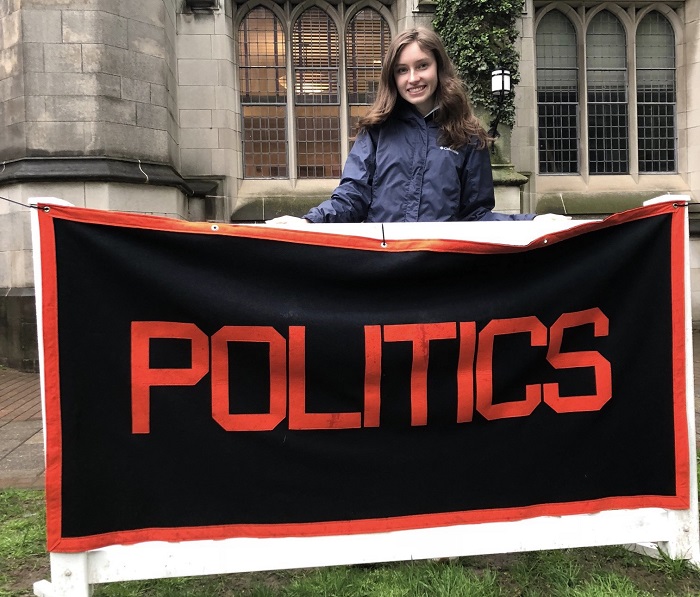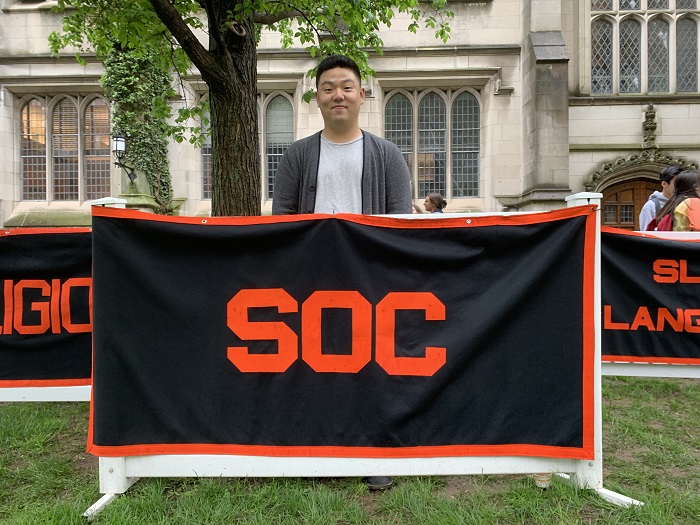One of the aspects of Princeton that surprises most people when I am talking about the University is its size. With fewer than 6,000 undergraduates, Princeton is a relatively small school compared to its peer institutions. But it is precisely this size that enables the University to focus on the undergraduate experience. If you spend enough time around here or even just take a tour, the University’s “undergraduate focus” is sure to come up, and rightly so; it is a significant part of what makes Princeton the school that it is.
Princeton’s size allows for a more intentional focus of resources on the undergraduate students. Upon matriculation, each student is assigned to a residential college (their home for the first two years), a residential college adviser, a peer academic adviser and a residential graduate student. Students are also made aware of dozens of other resources, including group and individualized tutoring, Counseling and Psychological Services and dozens of other centers or offices that focus primarily on supporting undergraduate students. As students work their way through Princeton and begin the quintessential independent work their junior and senior years, everyone either is assigned or chooses a departmental adviser who meets and works with them to see their work from start to finish. This alone is an incredible aspect of Princeton—to develop robust research alongside a Princeton professor!
Another benefit to the number of students is the sense of community that exists between current students and the alumni. This creates a sort of bonding effect that connects Princetonians across the years. I know that sounds like a typical admission phrase; even I was skeptical when I first arrived here. But I must say that is one of the more special parts of going to school here: the people you meet and the community you are encouraged to build.
With that being said, it is important to note that a small campus is not for every student. The University is set up next to, but a bit separated from, the town of Princeton. Most of Princeton’s buildings are on the main part of campus, making a walk from one end of campus to the other an average of twenty minutes or so. After classes, many students are engaged in extracurriculars, studying or socializing. Most of the performance shows, eating clubs or dining halls are either on campus or immediately adjacent. Overall, you can see why the phrase “Orange Bubble” exists; time can slip by easily without stepping foot off campus. And with Princeton’s size, it is easy to meet someone new every day, but it is simultaneously easy to get settled in a routine where you interact with the same people and see the same faces each day. Having a relatively small, communal campus in a non-urban setting has a lot of benefits, but it also has its drawbacks if you aren’t careful or intentional about getting off campus or interacting with non-college aged students. But regardless of the pros and cons, it is not for everyone. Some people thrive better in smaller environments than Princeton, others in larger. As with any university or anything in life, it’s all about balance and finding out what works for you.







